Grandmother power in Canada's global aid
- Published
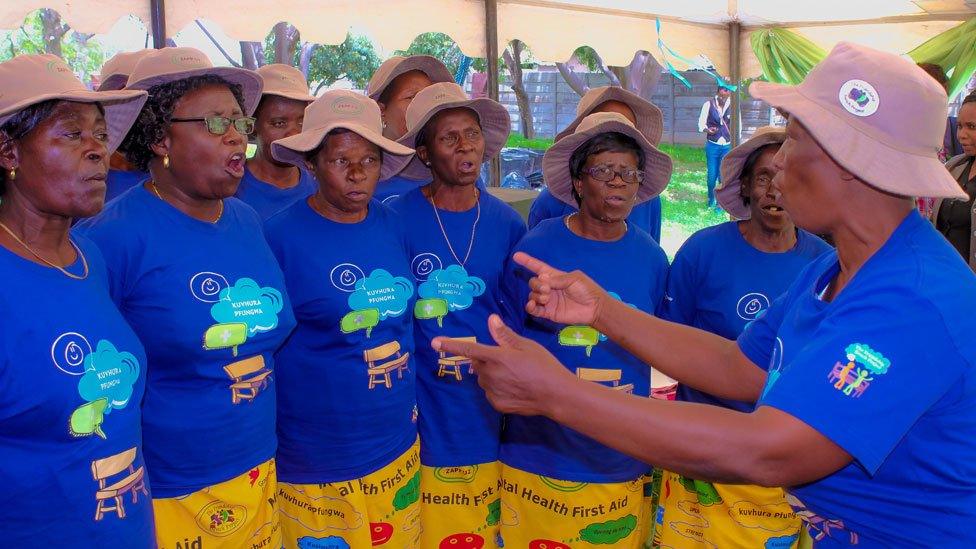
Grandmothers in Zimbabwe offer their own therapy, as part of Canada's Grand Challenges
In Zimbabwe, thousands of depression sufferers are being helped by a network of grandmothers trained in talking therapies, who meet their patients on "Friendship Benches" outside health clinics.
In poorly-resourced hospitals in East Africa and India, hundreds of fracture patients are receiving safe, effective bone surgery using ingeniously adapted DIY power-tools.
In Cameroon, parents of pre-term babies are being taught to use skin-to-skin mother-care techniques pioneered in Colombia 25 years ago - but whose amazing long-term benefits have only recently been fully recognised.
The link between these daring and unusual health initiatives is a Toronto-based organisation with big ambitions, Grand Challenges Canada (GCC).
Its remit is to identify health problems in low and middle income countries, and address them by harnessing the creativity of academic, social and business communities in Canada and beyond.
In seven years, with 29 full-time staff, it has already supported around 800 innovative health initiatives, impacting 1.3 million lives.
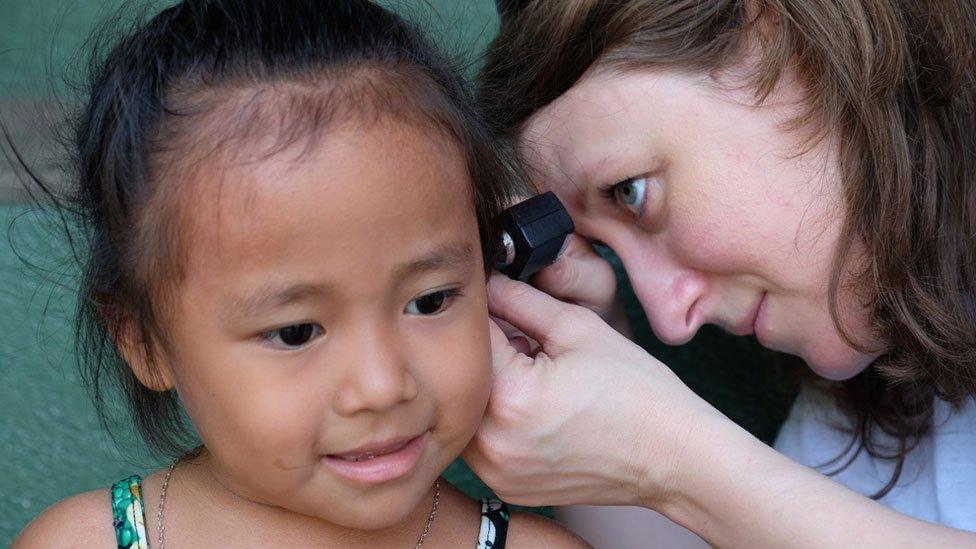
A hearing loss project supported by Canadian funding provides low-cost hearing aids
Grand Challenges Canada had its origins in Bill Gates's Grand Challenges project in 2003.
Dr Peter Singer, now chief executive officer of Grand Challenges Canada, was on the advisory board, identifying the biggest global health challenges.
He wrote articles in the Canadian national press arguing that Canada should set up a parallel organisation. To his surprise, the government's finance department agreed, and money was forthcoming, leading to the creation of Grand Challenges Canada (GCC).
Many of the innovations GCC has turned into global life-savers emerged from Canadian universities.
For example, the Arbutus Drill Cover for low-cost bone surgery was developed by engineering students at the University of British Columbia.
An affordable artificial knee joint invented by a professor at the University of Toronto has, with GCC's backing, helped 160 lower-limb amputees in Chile and India, and has the potential to improve 128,000 lives by 2030.

The way of using DIY drills for surgery was developed at the University of British Columbia
A team at the University of Victoria developed a 3D-printed, body-powered prosthetic hand, a project which has been given the funding to scale up for production in five low-income countries.
It also helped a young former investment banker, Audra Renyi, whose World Wide Hearing (WWH) Foundation supplies low-cost hearing aids to underprivileged hearing loss sufferers around the world.
This is one of many innovations which Dr Singer hopes will also come back to Canada to help its own disadvantaged indigenous people.
"We source widely and scale selectively," he said. "About 90% of these 800 ideas are teething innovations. We scale about one in 10. You have to be willing to take on risk, but it needs to be smart risk."

Ideas for the Global education series? Get in touch.

This is precisely the approach that has enabled Grand Challenges Canada to punch so well above its weight on the international development scene; a combination of agility, entrepreneurial drive, and a little "Canadian humility" have proved a potent mix.
Dr Karlee Silver, vice president for programmes, said interventions could produce surprising results.
The Kangaroo Mother Care project was well known to be effective 25 years ago, but had only limited impact beyond Colombia since.
"So we funded a 20 year follow-up study, which found those children had larger brains, were earning 50% more," she said.
"It tracked back to an actual change in family dynamics because of the intensity of that bond," she said.
That evidence gave new credence to the idea, and allowed its rapid spread, again with GCC support - into Africa.
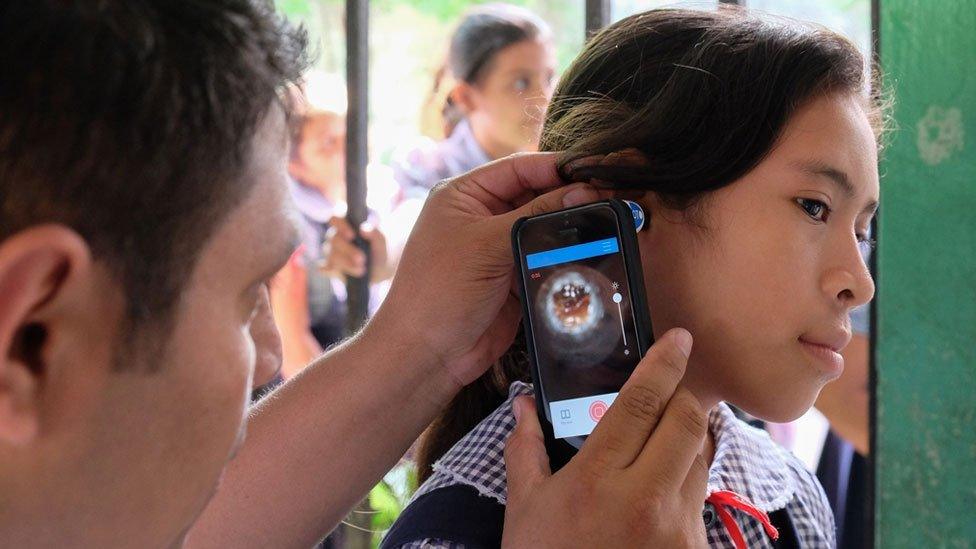
The project on hearing is helping communities in Guatemala
Similarly, the Friendship Bench scheme in Zimbabwe emerged from a member of GCC's global network of innovators, Dr Dixon Chibanda, a psychiatrist based in Harare, and one of only 25 mental health professionals in a nation where problems such as depression were barely recognised.
Until GCC funded a study, which showed Dr Chibanda's technique of training grandmothers to deliver cognitive behaviour therapy outside clinics was having more than three times the impact in treating depression, anxiety and suicidal tendencies than any other treatments offered.
As a result, the Zimbabwean government is now backing the scheme, to extend it to 72 clinics around the country.
"The impact is even broader," Dr Singer added. "Dixon has demonstrated that you don't have to ignore mental health - you can address it in an affordable way."
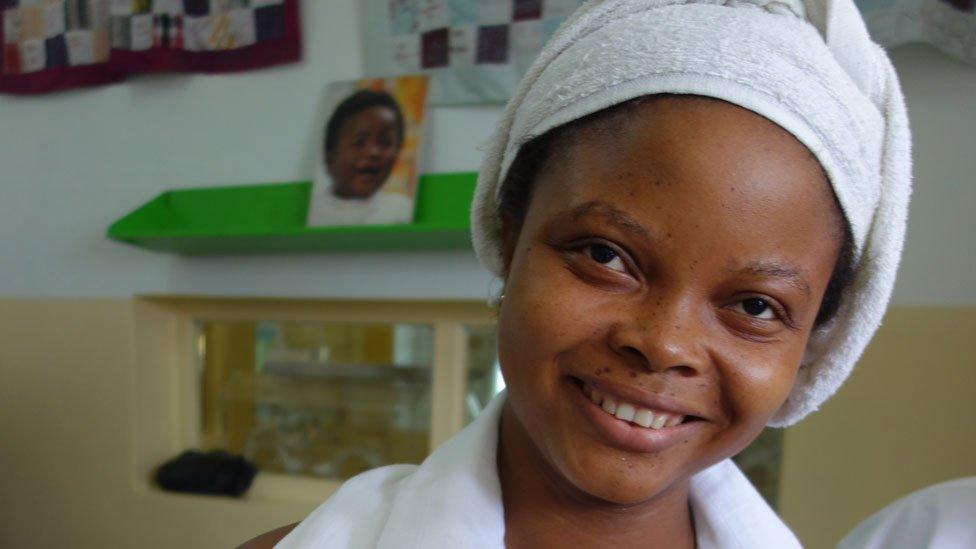
The projects have so far reached 1.3 million people in developing countries
"At end of the day this is human interest. The one girl with depression in Harare who would be suffering terribly but for Dixon's Friendship Bench… multiply her by 25 million and that's what we hope to achieve by 2030."
That figure is based on conservative statistical projections which suggest Grand Challenges Canada's activities will save between 520,000 and 1.6 million lives, and improve between 15 million and 42 million lives, in that timeframe.
"We're an innovation platform that has spent seven years testing and refining itself in global health," Dr Singer says.
"But keep in mind that it takes five to 15 years for an innovation to be effective. We're only seven years old, we're at the very beginning of that curve of uptake."
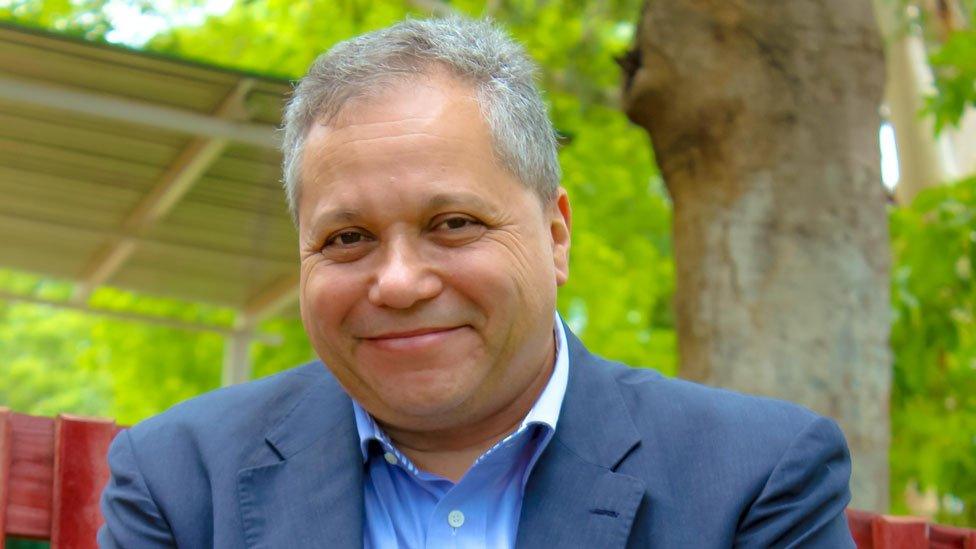
Peter Singer says such innovation is an important part of Canada's foreign policy
"Innovation is a very significant part of Canada's approach to development and foreign policy," said Dr Singer.
In a changing world, with a rise in nationalism and inward-looking governments, he also sees Grand Challenges Canada as a standard-bearer for "small 'l' liberal" values.
"The right to empowerment if you're a girl, the equality of opportunity to achieve your potential in first few months of life, global connectedness… scientific enlightenment even," said Dr Singer.
"I see us as a counterpoint to some of the worrying trends. We live in a factual world. Everything we do is evidence-based. It's not a post-truth world."